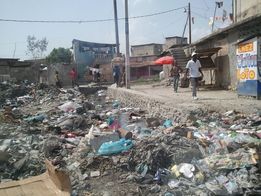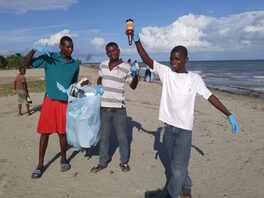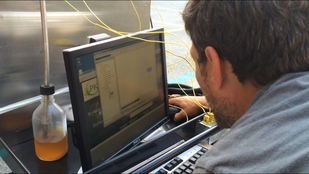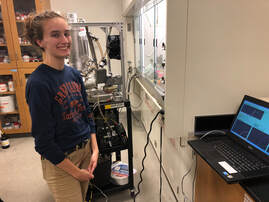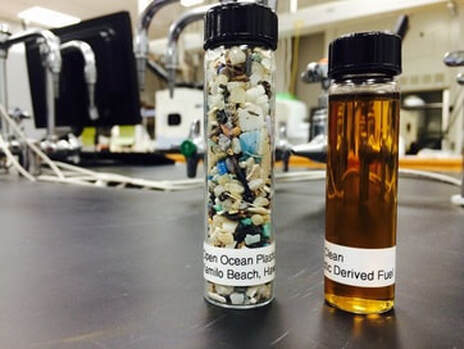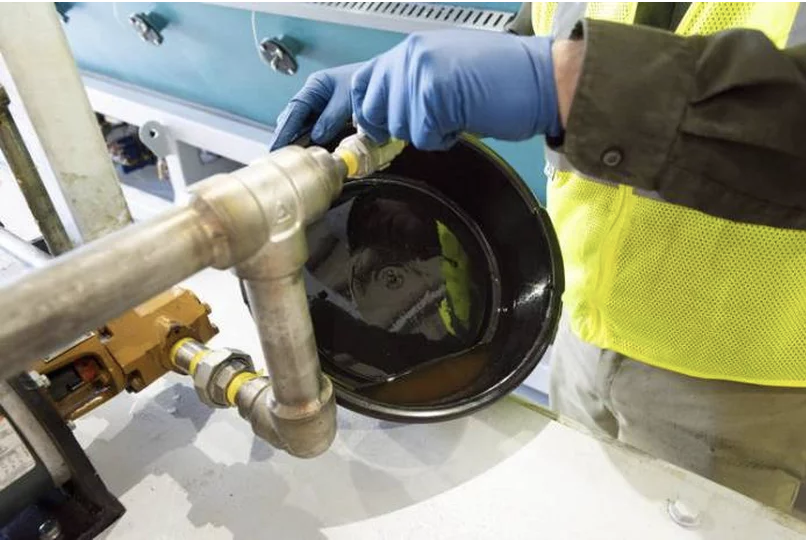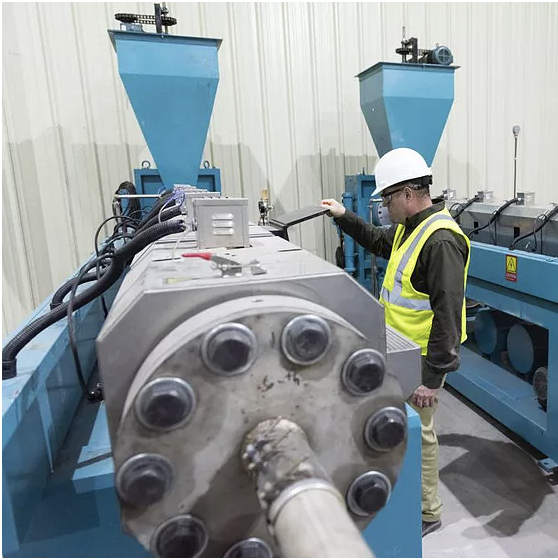Plastic2Fuel
We are currently fundraising to send portable plastic-to-fuel converters to island nations as a means to clean up these areas and provide fuel that otherwise has to be imported.
Please consider supporting this project through the link below.
Please consider supporting this project through the link below.


